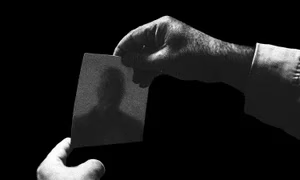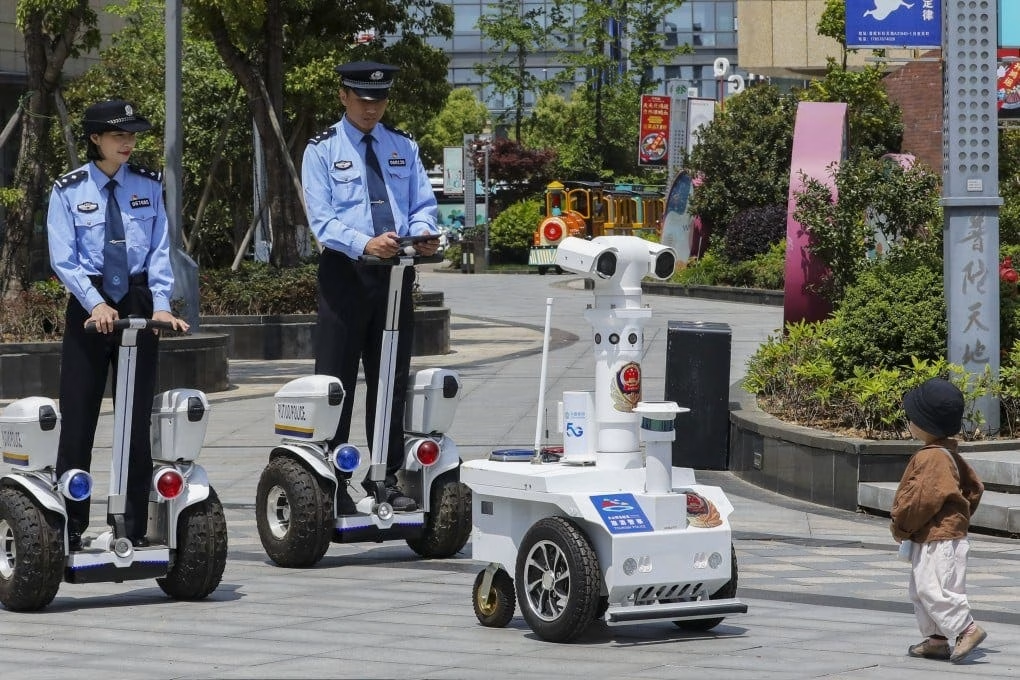A Brazilian man was falsely accused of robbery due to errors in a photo identification system, shedding light on the dangers of faulty technology in law enforcement. The outdated image-matching system flagged his photo as a match, leading to his arrest despite strong evidence of his innocence.
Although the man provided an alibi, the legal system failed to protect him from months of emotional and financial distress. His case highlights major flaws in relying heavily on photo identification without proper verification processes.
 Critics of these technologies point out their susceptibility to bias and error, often resulting in wrongful accusations. Human rights organizations have called for urgent reforms, demanding that law enforcement adopt more transparent and accurate methods for criminal identification.
Critics of these technologies point out their susceptibility to bias and error, often resulting in wrongful accusations. Human rights organizations have called for urgent reforms, demanding that law enforcement adopt more transparent and accurate methods for criminal identification.
Overburdened courts and limited access to legal aid in Brazil worsen such injustices. While charges against the man were eventually dropped, his story raises important questions. How many others might have faced similar hardships due to systemic failures?
To prevent future mistakes, activists urge authorities to ensure proper human oversight in identification procedures. Justice systems must focus on fairness and accuracy over efficiency to protect innocent individuals from unnecessary suffering.
This case serves as a reminder that while technology can enhance law enforcement, it should not replace rigorous investigation and accountability. Governments must prioritize justice and reform flawed systems to restore public trust.




